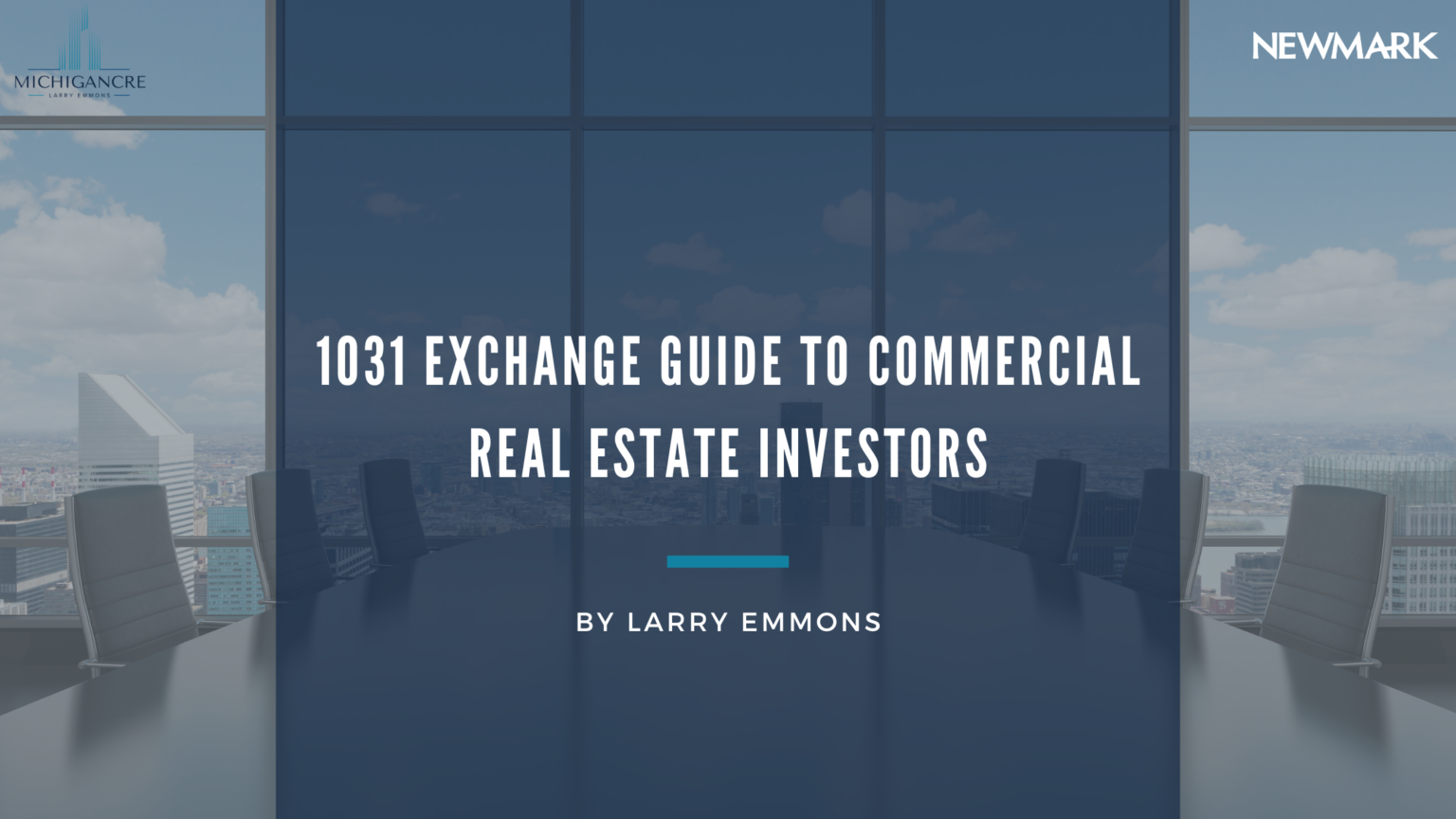1031 Exchange is one of the best tools for commercial real estate investors to grow their portfolios while deferring capital gains taxes. This strategy allows you to sell an investment property and reinvest the proceeds into a new one, keeping more money in your pocket to build wealth. In this guide, we’ll break down how a 1031 Exchange works, who qualifies, and how you can avoid common mistakes to make the most of this opportunity.
What Is a 1031 Exchange?
A 1031 exchange, also known as a like-kind exchange, is a tax-deferral strategy under Section 1031 of the IRS Code. It lets you sell an investment property and reinvest the proceeds into another qualifying property without immediately paying capital gains taxes.
How It Works for Investors:
- Like-Kind Properties: You can exchange one type of commercial property for another. For example, selling a multifamily property and reinvesting in a retail strip center qualifies.
- Time-Sensitive Process: You must identify your replacement property within 45 days and close the transaction within 180 days.
This deferral gives you more capital to reinvest—allowing you to focus on what matters: building wealth.
Who Can Benefit from a 1031 Exchange?
As an investor or buyer in commercial real estate, 1031 exchanges can help you:
- Expand Your Portfolio: Move from a single-tenant property to a multi-tenant building for higher returns.
- Diversify Investments: Transition to properties in new markets or different asset classes to mitigate risk.
- Optimize Cash Flow: Exchange low-performing assets for properties with better income potential.
The flexibility and tax benefits make this strategy ideal for anyone seeking long-term real estate growth.
Eligibility and Pitfalls to Avoid in 1031 Exchange
Eligibility Criteria:
- The sold and the replacement property must be held for investment or business use—not personal use.
- Both properties must be in the United States.
Common Pitfalls for Buyers and Investors:
- Missing Deadlines: Timing is everything. Missing the 45- or 180-day deadlines can disqualify your exchange.
- Failing the “Like-Kind” Test: Not all properties qualify as “like-kind.” Always verify with an expert.
- Improper Handling of Funds: You must use a qualified intermediary to handle the sale proceeds—handling funds yourself will disqualify the transaction.
Avoiding these mistakes ensures your investment strategy stays on track.
Why 1031 Exchanges Matter for Investors and Buyers
The biggest advantage? Keeping more of your money working for you. Instead of paying taxes now, you can reinvest the full proceeds into your next opportunity.
Here’s how:
- Accelerate Growth: Upgrade to larger or more profitable properties.
- Build Wealth Efficiently: Defer taxes indefinitely and use compounding returns to your advantage.
- Plan for the Future: Leverage this strategy for generational wealth-building by passing on assets with a stepped-up cost basis.
Whether you’re scaling your portfolio or optimizing your assets, 1031 exchanges give you the flexibility and financial edge to achieve your goals.
Take Action Today
Ready to grow your portfolio or reinvest in new opportunities? 1031 exchanges are powerful tools—but they require expert guidance to execute properly.
Let’s discuss your goals and create a strategy that works for you. Contact me today to take the next step in your commercial real estate investment journey!
